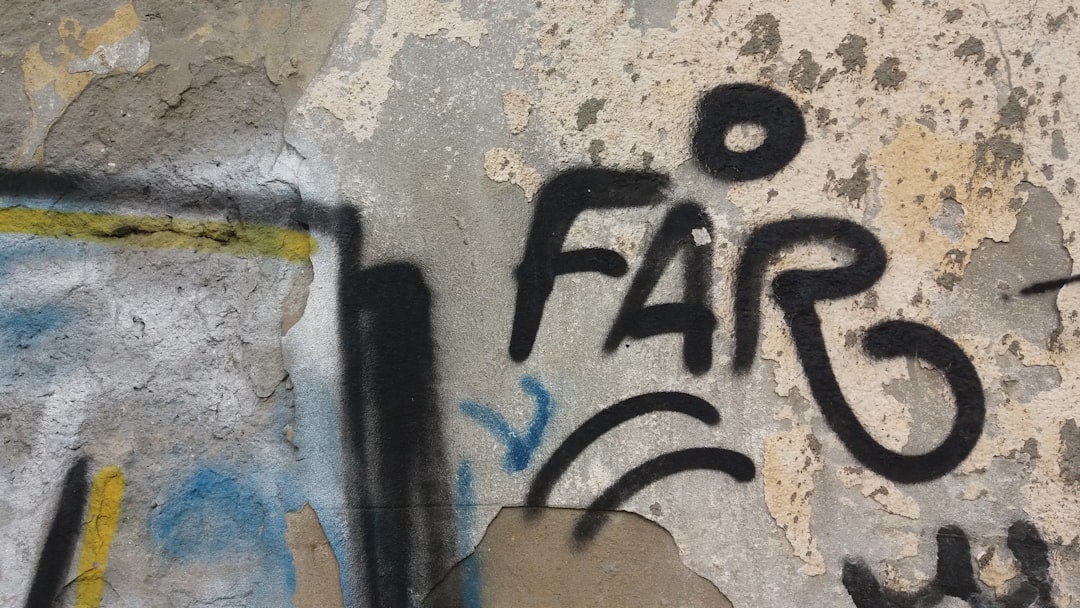Daycare abuse cases require a strong legal framework and specialized professionals. A lawyer for Sex Abuse New Jersey guides victims and authorities through complex legalities, ensuring proper evidence collection, witness interviews, and documentation. Law enforcement, child protection services, and legal experts collaborate to bring perpetrators to justice, support victims, and enhance childcare safety. This includes stringent regulations, background checks, facility inspections, educational programs, and open communication.
In New Jersey, law enforcement plays a pivotal role in addressing daycare abuse cases. This complex issue requires a multifaceted approach, with law enforcement at the forefront of protection and investigation. Understanding the legal framework guiding daycare abuse inquiries is essential, as it outlines the responsibilities of officers tasked with child protection. Effective evidence collection techniques and support for victims are crucial components in securing justice. Additionally, proactive measures to prevent abuse are discussed, emphasizing the need for safe and regulated daycare environments. For those seeking guidance, consulting a lawyer specializing in sex abuse cases in New Jersey can provide vital assistance.
Legal Framework for Daycare Abuse Investigations

In the context of daycare abuse, the legal framework plays a pivotal role in ensuring justice and protection for vulnerable children. When suspected cases of sexual abuse arise in daycare settings, law enforcement agencies are tasked with conducting thorough investigations. These inquiries are governed by state laws, such as those in New Jersey, which outline the procedures for handling reports of child abuse, including sexual exploitation. A lawyer for sex abuse New Jersey can provide crucial guidance to both victims and authorities, navigating the intricate legal landscape to ensure proper protocols are followed.
The process often involves gathering evidence, interviewing witnesses, and obtaining relevant documentation from daycare facilities. Law enforcement must adhere to strict time frames and legal requirements when investigating such cases to preserve evidence and protect the rights of all involved parties. Effective collaboration between law enforcement, child protection services, and legal professionals is essential to bring perpetrators to justice and offer support to victims and their families.
Responsibilities of Law Enforcement in Child Protection

Law enforcement plays a pivotal role in safeguarding children and ensuring justice in daycare abuse cases. When allegations of sexual abuse surface, police officers are often the first responders, tasked with conducting thorough investigations to gather evidence and protect potential victims. They must navigate complex legal procedures, interview witnesses and survivors, and collaborate with child protective services to ensure the well-being of children involved.
In New Jersey, where a strong focus is placed on child protection laws, law enforcement agencies work hand-in-hand with prosecutors and lawyers specializing in sex abuse cases. A lawyer for Sex Abuse New Jersey can guide victims and their families through the legal process, ensuring their rights are protected. This collaboration is crucial to hold perpetrators accountable and create a safer environment for children in daycare settings.
Evidence Collection and Preservation Techniques

In the sensitive context of daycare abuse cases, evidence collection and preservation are paramount. Law enforcement plays a crucial role in ensuring that physical, digital, and testimonial evidence is gathered meticulously and preserved legally. Trained officers employ specialized techniques to document incidents, interview witnesses, and secure relevant documents, such as surveillance footage, medical records, and teacher reports. These methods are designed to maintain the integrity of the evidence, which is vital for subsequent legal proceedings involving a lawyer for sex abuse in New Jersey.
Proper preservation includes chain-of-custody protocols to track the movement of evidence from the scene to court. This meticulous approach safeguards the validity of the case and helps in presenting a compelling argument against perpetrators. Law enforcement’s expertise in these techniques is essential for achieving justice and providing closure to victims, ensuring that those responsible are held accountable.
Supporting Victims: Emotional and Legal Aspects

In cases of daycare abuse, particularly involving sexual misconduct, the role of law enforcement is pivotal in providing justice and support to victims. When a child shares allegations of abuse, law enforcement officers must handle these sensitive matters with utmost care and professionalism. This includes ensuring the victim’s safety, collecting evidence, and documenting the incident meticulously. Emotional support is an integral part of this process; officers trained in crisis intervention can provide immediate comfort and guidance to help children express their experiences.
Victims of sexual abuse require comprehensive assistance, including legal representation from a seasoned lawyer for sex abuse New Jersey. Legal professionals specialize in navigating complex laws and procedures related to child protection. They offer guidance on criminal charges, civil lawsuits, and potential therapy or counseling options. By combining law enforcement’s investigatory powers with legal expertise, victims can access the justice they deserve while also receiving emotional support tailored to their unique needs.
Preventive Measures: Ensuring Safe Daycares

Creating and enforcing safety standards is a multifaceted task, with law enforcement playing a crucial role in ensuring daycare centers maintain environments free from abuse. Preventive measures start with stringent regulations and regular inspections. These include verifying background checks for employees, especially those having direct contact with children, and checking facilities for potential hazards. A lawyer for Sex Abuse New Jersey can provide insights into the legal framework supporting these measures and guide institutions on implementing best practices.
Additionally, educational programs focused on recognizing and reporting suspected abuse are vital. Staff training sessions should equip caregivers with the knowledge to identify unusual behaviors in both children and their peers. Encouraging open communication between staff and parents fosters a culture of transparency where concerns can be addressed promptly. These proactive steps not only protect children but also empower those who work with them daily.






